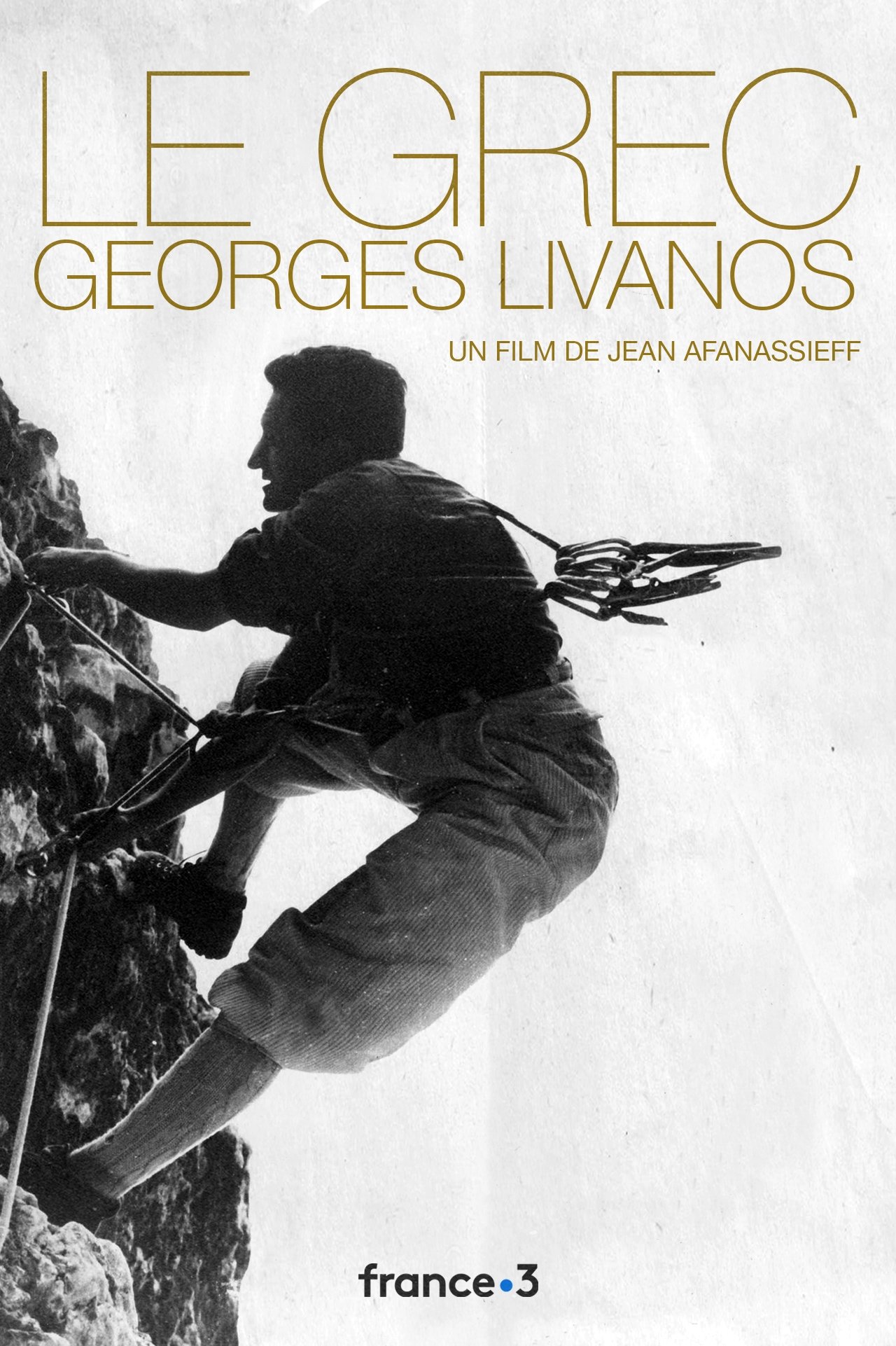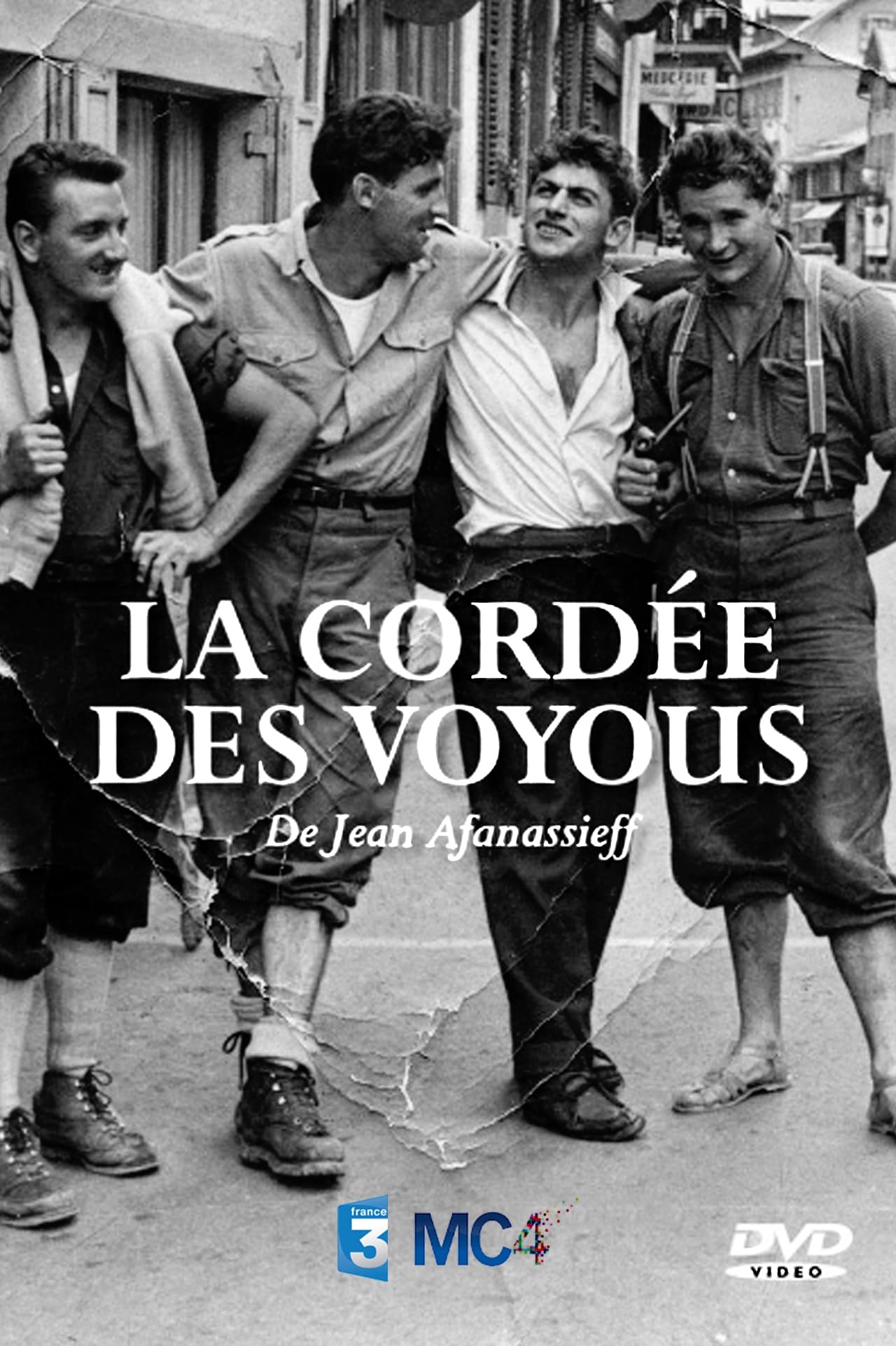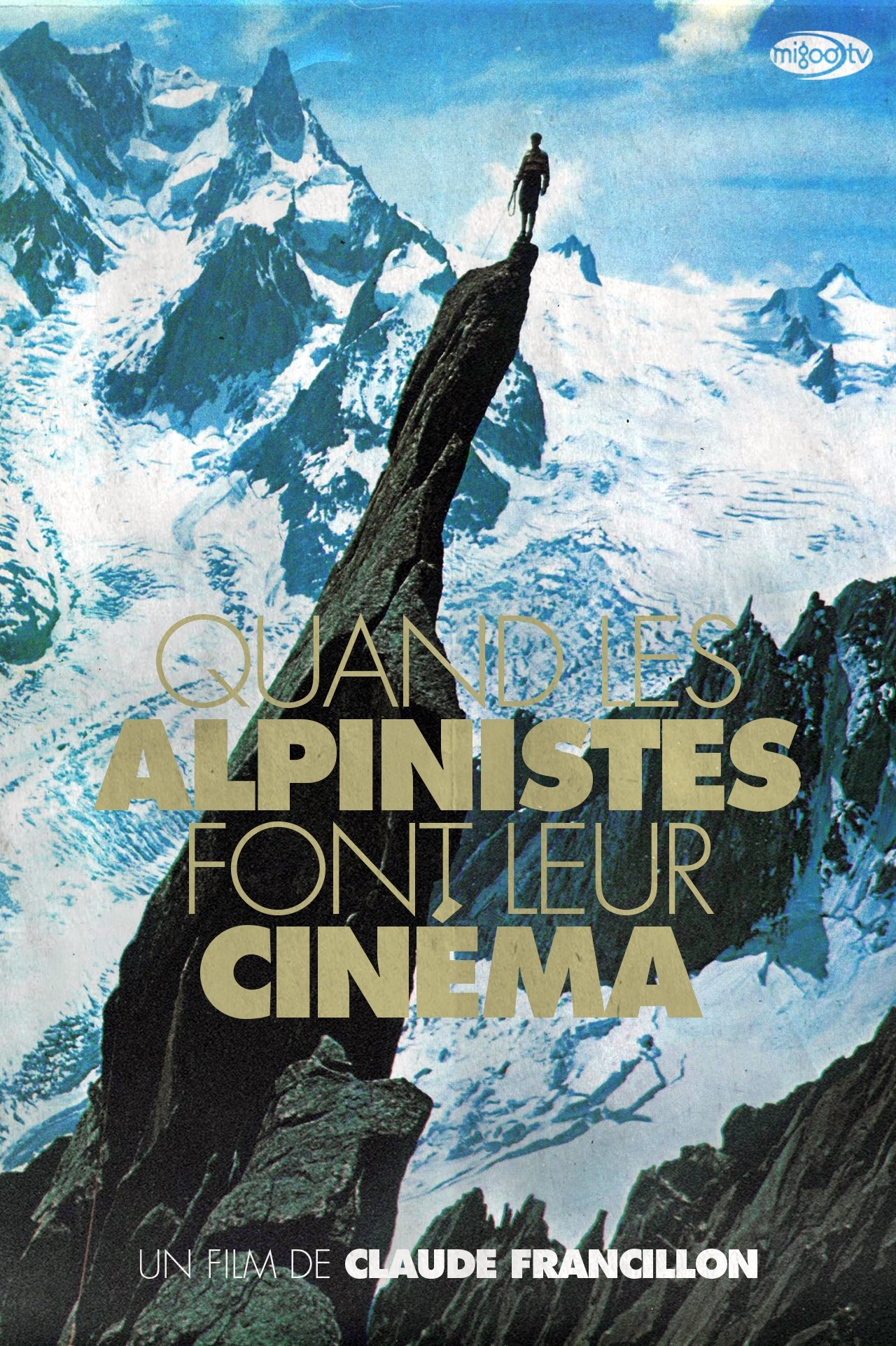
Browse all content tagged with this keyword.
Showing 10 results

Georges Livanos, nicknamed the Greek but pure child of Marseille,...

Paragot and Bérardini: two climbers who fill all climbing enthusiasts...

Many mountaineers as part of their activity have used cameras...